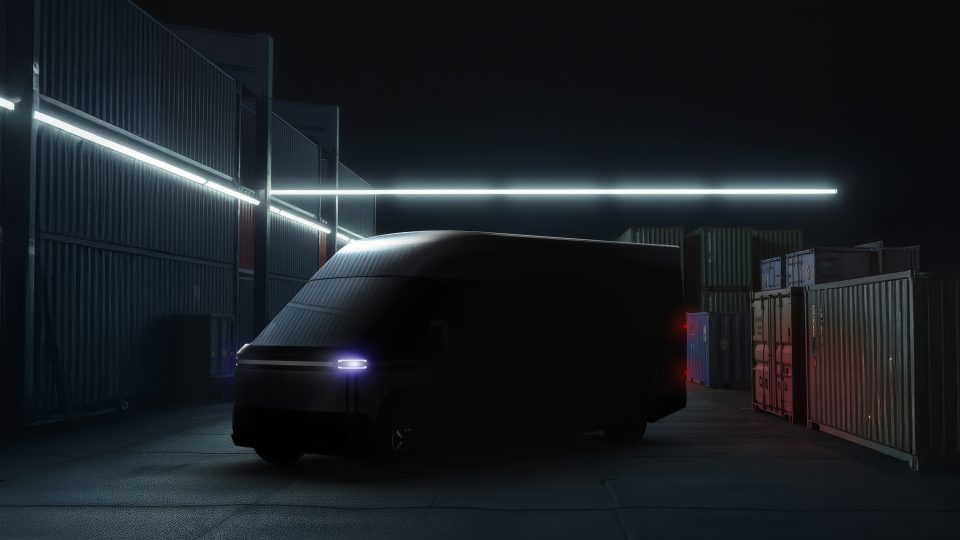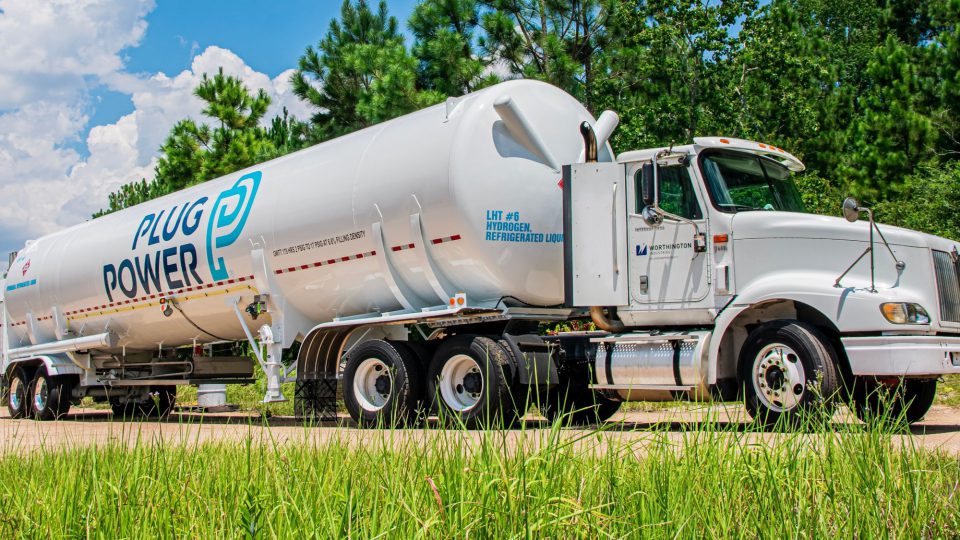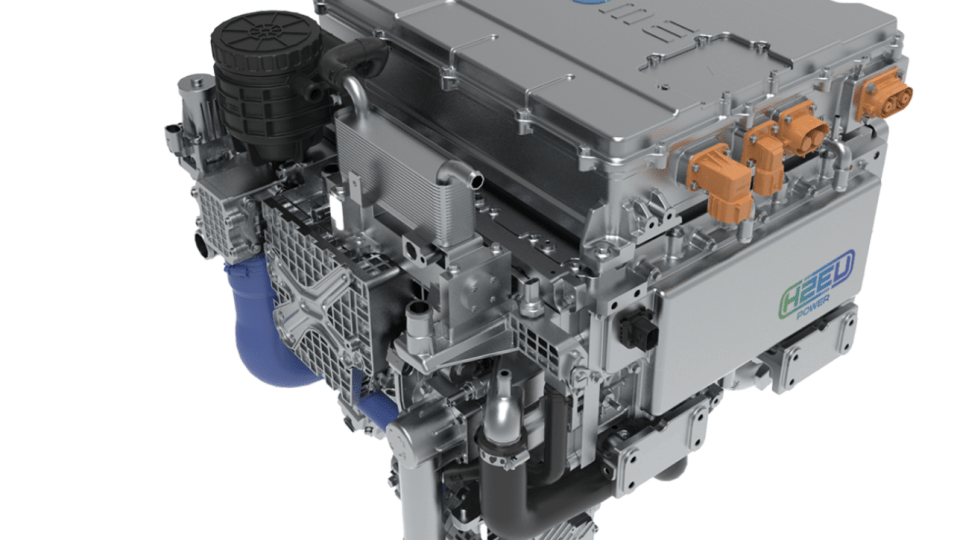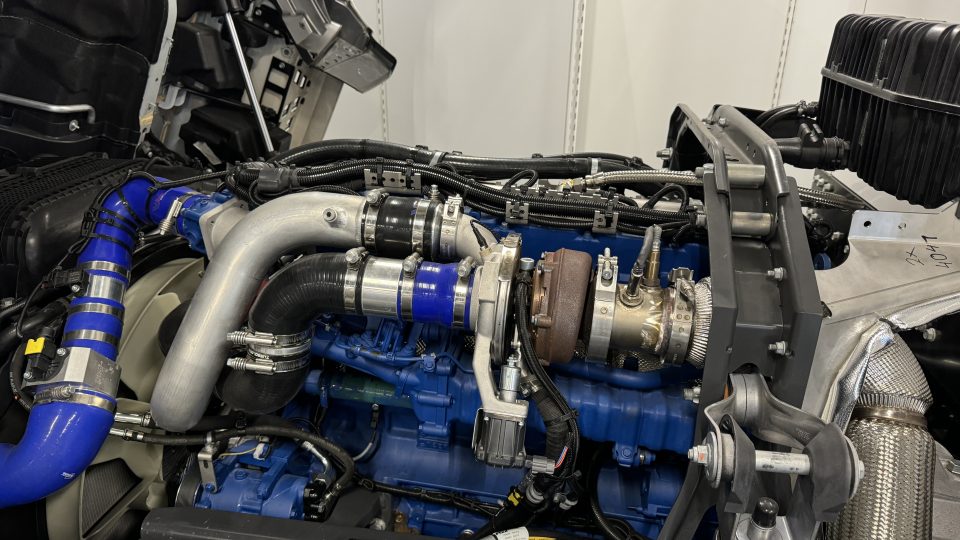FCEV truck with liquid hydrogen? Mercedes-Benz starts testing it
Liquid hydrogen has a significantly higher energy density in relation to volume compared to gaseous hydrogen. As a result, more hydrogen can be carried, which significantly increases the range and enables comparable performance of the vehicle with that of a conventional diesel truck.
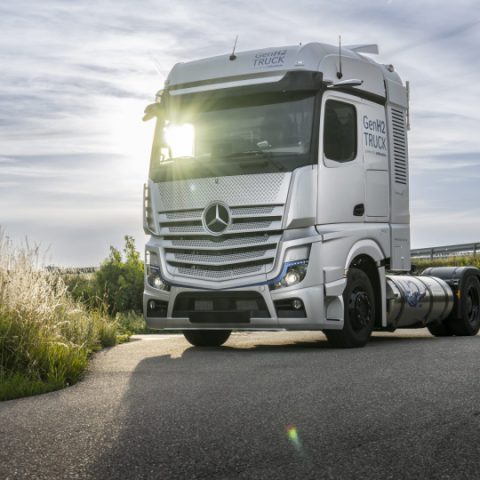
Mercedes-Benz Trucks started testing fuel cell trucks powered by liquid hydrogen. The intensive testing program – both on the in-house track, as well as in public roads – joins the well-known tests that have been carried out lately on the first version of the Gen H2 truck, whose launch in the market is scheduled by 2027.
More into details, a newly installed prototype filling station at the development and testing centre in Wörth enables the refuelling with liquid hydrogen. During the refuelling process, cryogenic liquid hydrogen at minus 253 degrees Celsius is filled into two 40 kg tanks mounted on either side of the chassis. Thanks to the particularly good insulation of the vehicle tanks, the hydrogen can be kept at temperature for a sufficiently long time without active cooling.
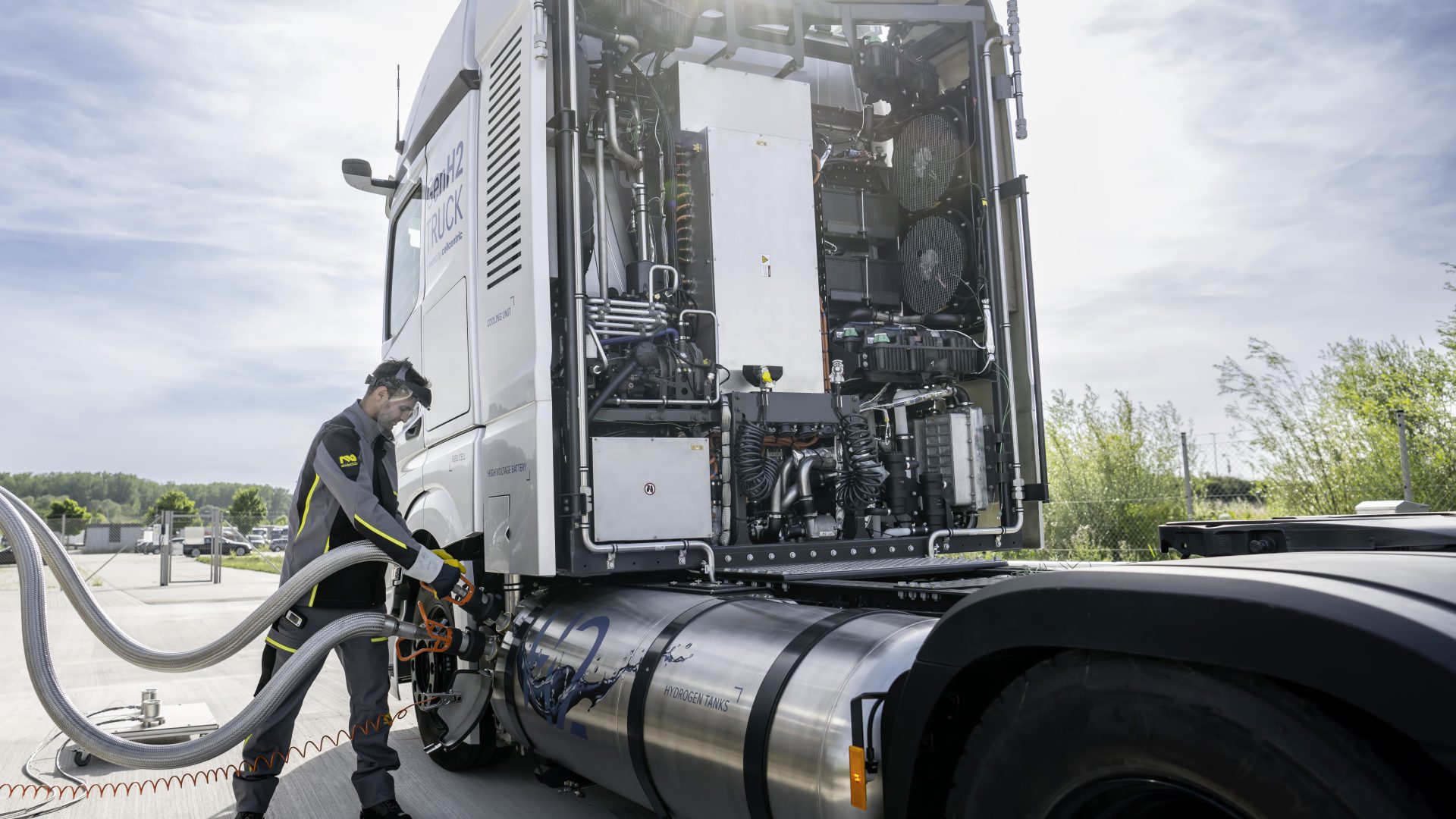
A matter of energy density: FCEV trucks with liquid hydrogen vs gaseous hydrogen
As for the technology, liquid hydrogen has a significantly higher energy density in relation to volume compared to gaseous hydrogen. As a result, more hydrogen can be carried, which significantly increases the range and enables comparable performance of the vehicle with that of a conventional diesel truck. The development objective of the series-ready GenH2 Truck is a range of up to 1,000 kilometres and more.
At the same time, Daimler Truck is working together with Linde on the development of a new process for handling liquid hydrogen (“subcooled” liquid hydrogen, “sLH2 technology”). Among other things, this innovative approach enables even higher storage density and easier refuelling compared to LH2. The companies plan for the first refuelling of a prototype vehicle at a pilot station in Germany in 2023.




